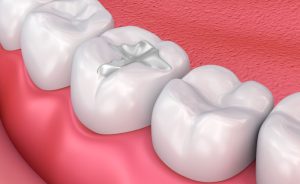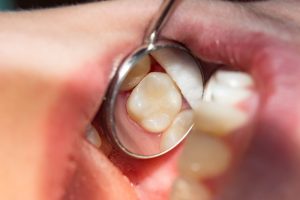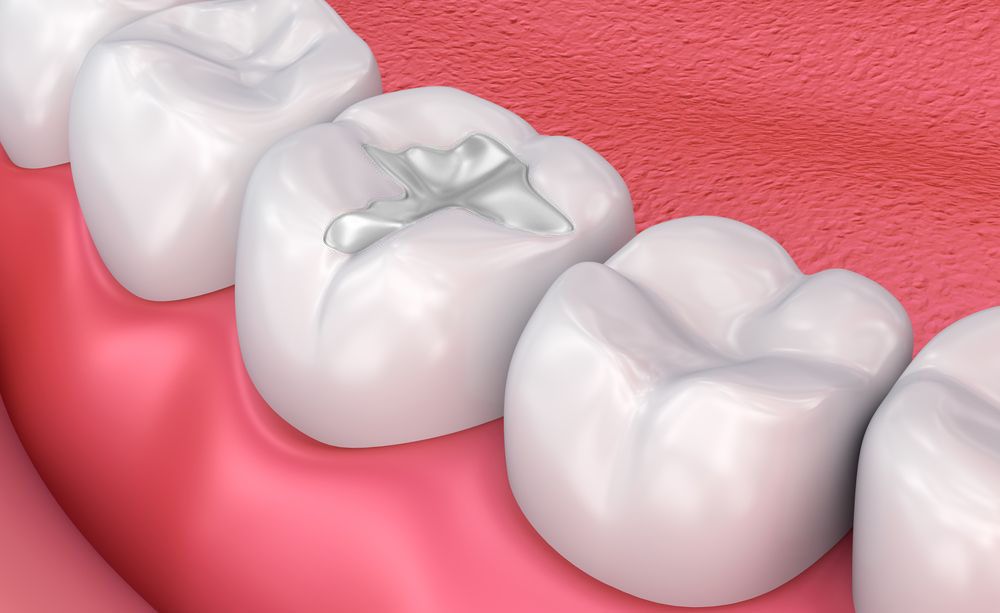Your smile is one of your most valuable assets. It not only boosts your confidence but also plays a crucial role in your overall health. One of the most common threats to a healthy smile is tooth decay, which can lead to cavities and more serious dental problems if left untreated. Fortunately, dental fillings in Eltham offer a straightforward and effective way to treat cavities, restore your teeth, and prevent further damage.
Understanding Tooth Decay and Cavities
Tooth decay begins when plaque, a sticky film of bacteria, builds up on your teeth. These bacteria feed on sugars from the food and drinks you consume, producing acids that gradually wear down the enamel, the hard outer surface of your teeth. Over time, this acid attack creates tiny holes or cavities in the enamel.
If cavities are left untreated, the decay can reach deeper layers of the tooth, causing sensitivity, pain, and infections. In severe cases, tooth decay may require more complex treatments like root canals or even tooth extraction.
The Role of Dental Fillings in Fighting Decay
Dental fillings are designed to stop tooth decay in its tracks. When your dentist identifies a cavity, they remove the decayed portion of the tooth and fill the resulting space with a special material. This process restores the tooth’s structure, function, and appearance.

Fillings act as a protective shield, sealing off the tooth from further bacterial invasion. This not only prevents the cavity from growing but also helps maintain your tooth’s strength and integrity.
Types of Dental Filling Materials
There are several filling materials your dentist might use, each with its advantages:
- Composite Resin Fillings: These tooth-colored fillings blend seamlessly with your natural teeth. They are an excellent choice for visible areas like front teeth and offer a natural-looking restoration.
- Amalgam Fillings: Known for their durability, silver amalgam fillings are commonly used for back teeth where chewing forces are greatest. They are strong and cost-effective but less aesthetically pleasing.
- Ceramic Fillings: Made from porcelain, ceramic fillings are highly durable and resist staining. They are a popular option for patients seeking a natural look with lasting strength.
- Gold Fillings: Gold is a long-lasting and biocompatible material, but due to cost and appearance, it’s less commonly used today.
Our dentist in Eltham will recommend the best material based on your cavity’s location, your aesthetic preferences, and your budget.
Signs You Might Need a Filling
Cavities don’t always cause immediate symptoms, which is why regular dental checkups are crucial. However, some common signs that you might need a filling include:
- Tooth sensitivity to hot, cold, or sweet foods
- Persistent toothache or pain when biting
- Visible pits or holes in the teeth
- Dark spots or discoloration on the tooth surface
- Bad breath or a bad taste in your mouth
If you notice any of these symptoms, schedule an appointment with your dentist as soon as possible.

The Dental Filling Procedure: What to Expect
The process of getting a filling is generally quick and straightforward:
- Examination and X-rays: Your dentist will examine your teeth and may take X-rays to determine the extent of decay.
- Local Anesthesia: To ensure comfort, the dentist will numb the affected area with local anesthesia.
- Decay Removal: Using a dental drill or laser, the decayed part of the tooth is removed.
- Cleaning: The cavity is cleaned to remove bacteria and debris.
- Filling Placement: The chosen filling material is applied in layers and shaped to fit the tooth’s contours.
- Curing: Some fillings, like composite resin, are hardened using a special light.
- Polishing: The filling is polished for a smooth finish.
Most fillings are completed in a single visit, allowing you to get back to your daily routine quickly.
Benefits of Early Dental Filling Treatment
Getting dental fillings early offers several important benefits:
- Prevents Further Decay: Filling cavities before they worsen prevents the need for more invasive treatments.
- Protects Your Overall Health: Untreated tooth decay can lead to infections that affect your entire body.
- Saves Time and Money: Early treatment is less expensive and less time-consuming than advanced procedures.
- Restores Function and Appearance: Fillings allow you to chew properly and maintain a natural-looking smile.
Caring for Your Fillings
Once you have a filling, maintaining good oral hygiene is essential to keep it in good condition. Brush twice a day, floss daily, and visit your dentist regularly for checkups. Avoid biting hard objects and limit sugary snacks to reduce the risk of new cavities.

